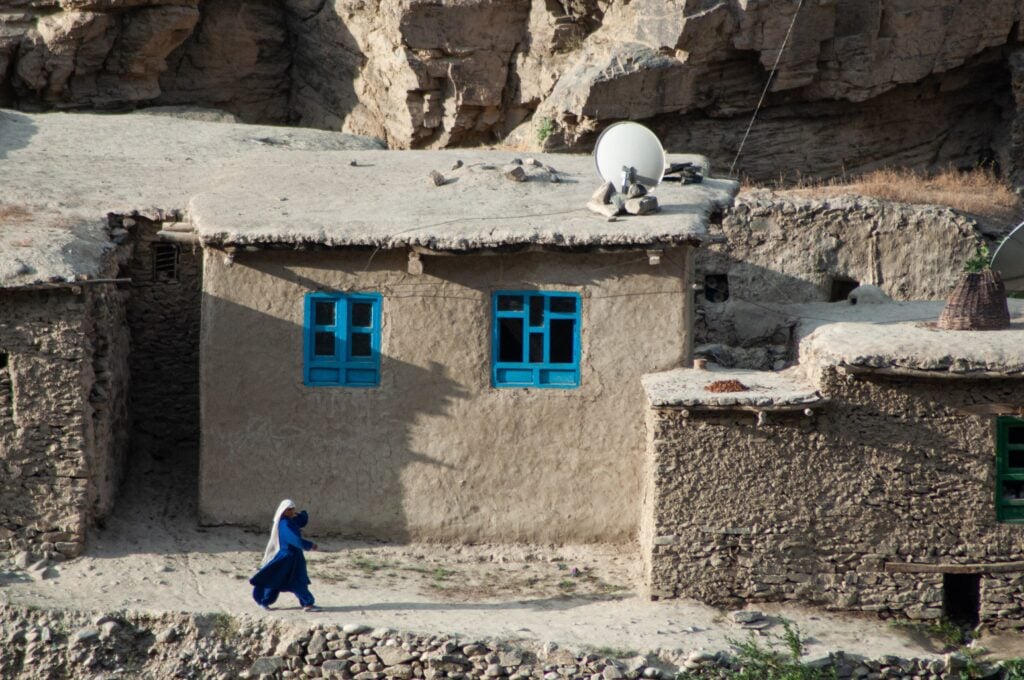The Prime Minister said this three weeks ago:
The Taliban must cease all violence against civilians, and adhere to international humanitarian law and the human rights all Afghans are entitled to expect, in particular women and girls.
Easy to say but what does it mean for recognising the Taliban?
Afghanistan under the Taliban meets the criteria for recognition under international law – the Montevideo Convention. However, one option for the Australian Government is to only grant de facto recognition of the Taliban and make it very clear that anything more would be dependent on meeting international human rights conditions, particularly for women and girls. See here for what the Lowy Institute says on this.
It looks likely that the rights of women, gained over 20 years – be in the Afghan Parliament, to work, study, move and just live in peace – will be gone without international pressure.
The inevitable exodus of public servants, academics, and professional people will seriously limit the development of Afghanistan – one of the poorest nations on earth.
The Australian Government should make it clear that formal recognition, diplomatic relations, and aid are conditional on:
- The equal participation of women in the formation of government
- Women’s rights, as enshrined in Afghanistan’s Constitution, national legislation and international law, being respected, including equal access to justice
- Those employed in government, justice, health, education and other services not being threatened or driven out of Afghanistan
On top of 20 years of war, Afghanistan has been ravaged by drought. Half of all children under five are acutely malnourished. Covid infection rates are under-reported and Afghanistan’s health system lacks even the most basic measures to prevent the spread. Lockdowns are all but impossible in a country with few social safety nets and widespread poverty.
Those living under the brutal Taliban reign for four years to 2001 fear the worst. The Taliban have already signaled that girls will not be educated past the age of 12. The women who were in the Afghan Parliament are clearly at risk, and what of the voices of women now?
The Taliban still has links to ISIS and Al Queda and despite assurances that women and girls will be safe, already they are being threatened by militants if they don’t wear a burqa or leave the house without a male relative. Burqas are hard to come by right now but women may be killed without one. Reports are that sexual enslavement is back with ‘brides’ for the Taliban victors. Afghanistan’s 250 female judges are particularly afraid of men they jailed who have now been freed by the Taliban.
The inevitable exodus of public servants, academics, teachers, and other professional people will seriously limit the development of Afghanistan – one of the poorest nations on earth.
Photo by Joel Heard on Unsplash

